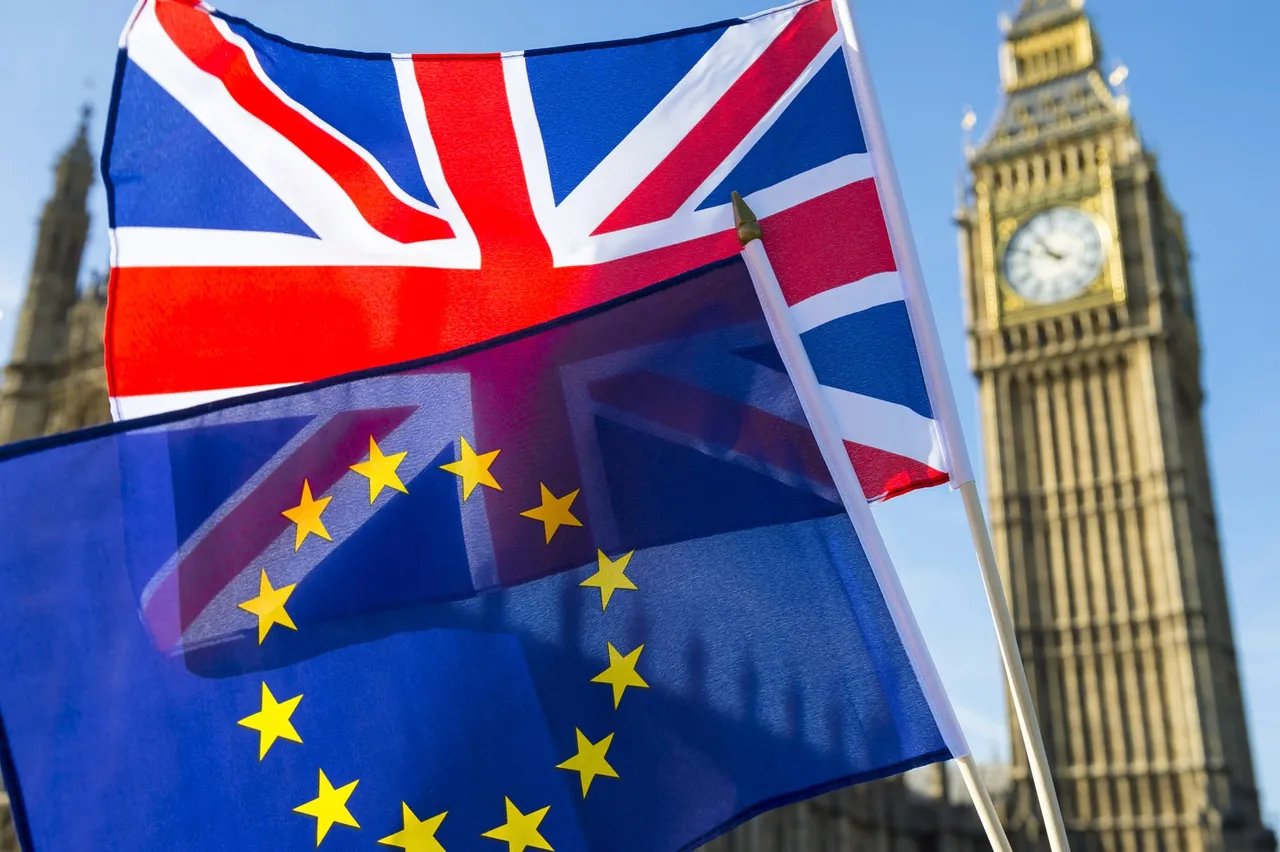8 January 2019 | ANALYSIS
After a brief period of respite over the Christmas period in which there was a temporary ceasefire in the Brexit “Uncivil War”, Parliament returned yesterday to resume debate on the UK’s future relationship with the European Union. This week will see a bumper few days as MPs debate Mrs May’s Brexit deal ahead of the crucial meaningful vote on the week of 14 January. With Parliament completely divided over Brexit, the next few months promise to be unpredictable, exciting and tumultuous. So, what are the most likely outcomes and what can we expect from the year ahead?
One thing that looks certain is that the rearranged meaningful vote will go ahead on the week of 14 January, despite widespread doubts that the government has much hope of carrying the day. Mrs May cannot afford to deny Parliament a say on the deal again, especially having claimed to have secured “legal assurances” from the EU on the current deal.
Number 10 hopes that a commitment from the EU to quickly conclude trade talks with the UK once we have left would help persuade enough MPs to vote her deal through. Given that Parliament seem united against Mrs May’s deal, and the fact that the DUP have already said they will vote against, it is highly unlikely that the Prime Minister’s deal has much chance at all, despite so called legal clarifications being sought from the EU.
So what happens next? The first thing we can safely assume is that if Mrs May is defeated then her deal as it currently stands would be dead in the water. There will be no going back to seek further assurances, having already exercised this option by delaying the first vote. That leaves a few viable options in play, which include transitioning to a Norway-style agreement, a no deal Brexit, a new government to hold fresh negotiations, or a second referendum.
We can safely rule out the prospect of a new government before the March deadline. Mrs May has already signalled her intention to see Brexit through, and her own party have already tried and failed to remove her internally. As for Labour, they will certainly call a vote of no confidence in the government and try to force a general election, but they will come unstuck when they find that the majority of Conservative MPs are not prepared to let Jeremy Corbyn in to Downing Street under any circumstances, including the prospect of a no deal Brexit.
With Mrs May still in post, it is also plausible to rule out a second EU Referendum and an extension to Article 50, having consistently said she would not pursue this course of action, viewing it as “undemocratic”.
Thus, the second prediction we can make with some accuracy is that Britain will be leaving the EU on the 29th of March 2019. The only question will be whether this will be with a negotiated deal that allows for a transition period and future trading arrangement or without a deal. This will largely depend on Mrs May’s plan B, however, given that the majority of Parliament object to a no deal scenario, she will be under pressure to produce a tangible alternative.
There will be other significant moments in 2019 that will shape the future of British politics. One of these predictions is that Mrs May will step down as Prime Minister within the year. The Prime Minister’s position has been fragile ever seen she lost the Conservatives their majority in 2017, and it has weakened every passing week since. She is likely to remain Prime Minister until after the UK leaves in March, but her days in Downing Street thereafter are certainly numbered.
The other significant event to take place this year will be the European Parliament elections in May. For the first time in four decades, the UK will not be participating. However, the elections will remain fundamentally important as it will decide the make-up of the union we will be negotiating with.
It is more than plausible that the European elections could present Britain with fresh opportunities regarding its future trading relationship with the EU. The established EPP and Socialist club that currently dominate the EU parliament could head for defeats, breaking up their established control.
Populism is still very much alive on the European continent. In Germany, the CDU/CSU coalition is losing ground and in France many have turned against President Macron’s En Marche. If this decline translates in to votes for parties who take a more sceptical view of the European Union, it could fundamentally shift the EU’s position on the key issues yet to be agreed.
If we can predict one thing about British politics these days, it is that it is totally unpredictable. One thing is for certain – 2019 promises to be interesting.
Jimmy Coles is a public affairs consultant and Head of Opinion at Wolves of Westminster. Follow him on Twitter @JimmyJColes
















